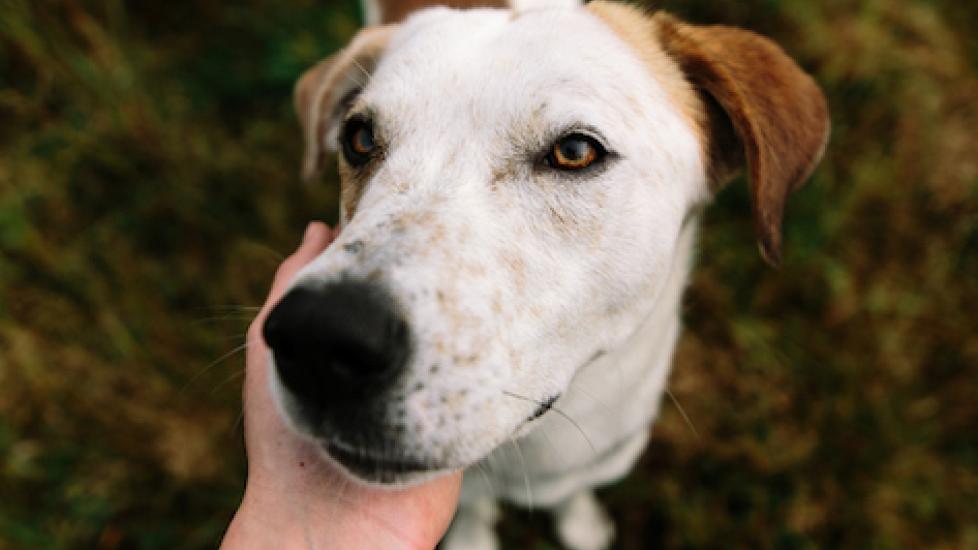In the world of dog training, positive reinforcement is king. And at the heart of this approach lies praise—a tool so powerful it can transform a rambunctious pup into an obedient companion with just a few well-chosen words. The magic of praise lies not only in its ability to correct unwanted behaviors but also in its potential to foster a deep and loving bond between human and hound. Let’s explore how you can harness the power of praise to encourage good behavior in your furry friend.
Firstly, let’s define what we mean by “praise” in the context of dog training. It’s more than just saying “good boy” or “good girl”; effective praise should be specific, enthusiastic, and immediate. When Fido finally learns to sit on command, don’t just offer a generic commendation – instead, make eye contact with excitement and say something like, “Yes! That’s it! You sat beautifully!” This targeted feedback helps dogs understand exactly which actions are pleasing their humans, making them more likely to repeat those behaviors.
Timing is crucial when using praise as a reward. Your pet must learn that her good deed is directly linked to the treat (or verbal pat on the back) she receives moments later. If there’s too much delay between action and consequence, the connection becomes blurred. Therefore, always aim for instant gratification when giving praise.
Moreover, variety keeps things interesting for both pets and owners alike. Mix up your compliments to prevent boredom from setting in. Try different tones of voice, use toys or treats as additional rewards, and even incorporate body language such as clapping hands or high fives if appropriate. This multifaceted approach ensures that every session feels fresh while reinforcing desired behaviors effectively.
It’s important to remember that each dog has its own personality and learning style. Some may respond best to food incentives, others might prefer playtime or physical affection. Tailoring your praising strategy around individual preferences will maximize success rates and strengthen the trust between owner and animal. For instance, if Rover seems particularly motivated by tug-of-war games after successfully completing a task, then incorporating this activity could serve as extra motivation going forward.
Lastly, consistency across all aspects of care including feeding times, walks schedules, bedtime routines – everything matters here! Consistent application of rules creates clear boundaries within which our four-legged friends feel safe exploring new skills without fear of punishment unless they cross certain lines intentionally designed by us humans who love them dearly enough take responsibility ensuring everyone stays happy healthy together forever ever amen ?
